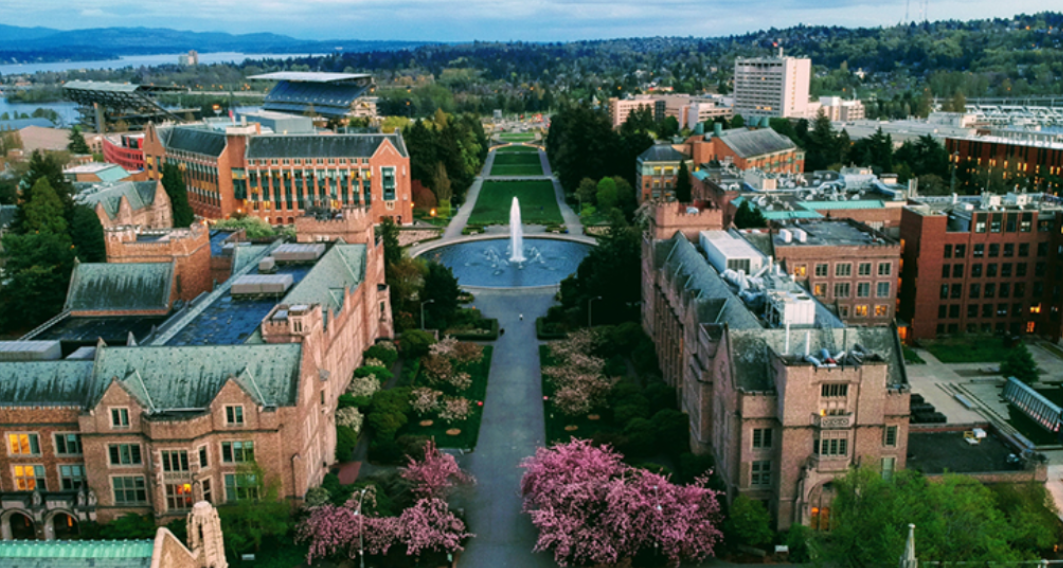The Massachusetts Institute of Technology (MIT), based in Cambridge, Massachusetts, USA, is a beacon of science, technology, engineering, and mathematics (STEM) education and research on the global stage. Founded in 1861 with the mission to accelerate the nation’s industrial revolution, MIT has transcended its initial focus to become a leading institution in innovation, research, and education across a broad spectrum of disciplines, including the social sciences, economics, and management, alongside its renowned STEM programs.
Foundational Principles and Growth
MIT was established with a unique educational model that combined rigorous academic study with hands-on, industrial laboratory experience, a principle that remains at the core of its pedagogy. This practical approach to education ensures that MIT graduates are not only experts in their theoretical fields but also adept at applying their knowledge in real-world settings.
Academic Structure and Research
The institute is organized into five schools: the School of Architecture and Planning; the School of Engineering; the School of Humanities, Arts, and Social Sciences; the Sloan School of Management; and the School of Science. This structure facilitates interdisciplinary collaboration, allowing researchers and students to tackle complex problems by bridging different fields of study.
MIT’s commitment to research is evident in its numerous laboratories, centers, and initiatives dedicated to pushing the boundaries of knowledge. The institute is home to the MIT Media Lab, renowned for its unconventional research into areas that intersect technology and society; the Lincoln Laboratory, focused on national security and technology; and the Koch Institute for Integrative Cancer Research, which combines biology and engineering to fight cancer.
Innovations and Contributions
Throughout its history, MIT has been at the forefront of innovation. Its faculty, researchers, and alumni have contributed to breakthroughs such as the development of radar, the invention of magnetic core memory, and pivotal advancements in computer science and artificial intelligence. The institute’s entrepreneurial spirit has also led to the founding of numerous startups and tech companies, driving economic growth and technological advancement worldwide.
Campus Life and Culture
MIT’s campus culture is marked by a tradition of pranks (or “hacks”), a testament to the creative and playful spirit of its community. The compact urban campus hosts a vibrant array of student groups, activities, and traditions, fostering a dynamic environment where students from diverse backgrounds engage with each other.
Global Impact and Leadership
The global impact of MIT is profound, with its alumni and faculty including Nobel laureates, National Medal of Science recipients, and pioneers in various fields. The institute’s approach to problem-solving and emphasis on innovation have contributed to societal advancements in healthcare, energy, computing, and beyond.
Conclusion
MIT embodies the intersection of intellectual rigor and practical problem-solving, contributing significantly to academic and industrial fields worldwide. Through its distinguished faculty, innovative research, and the success of its alumni, MIT continues to play a crucial role in shaping the future of technology and society, living up to its motto, “Mens et Manus” (Mind and Hand).

